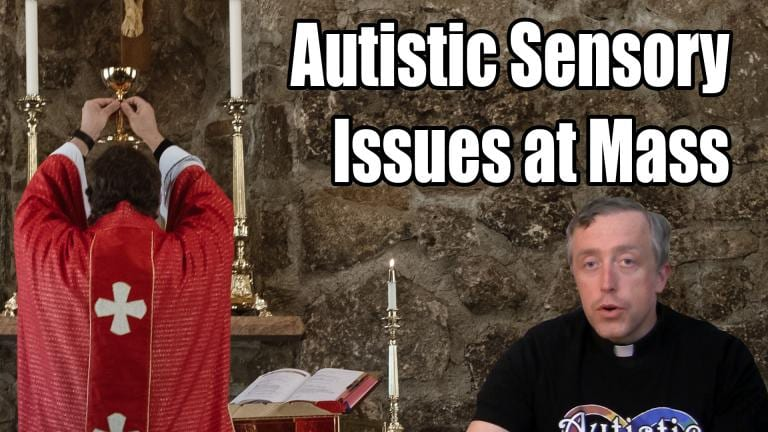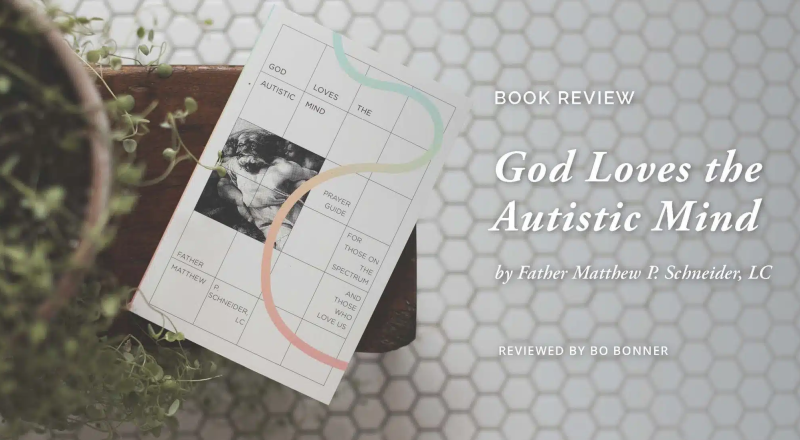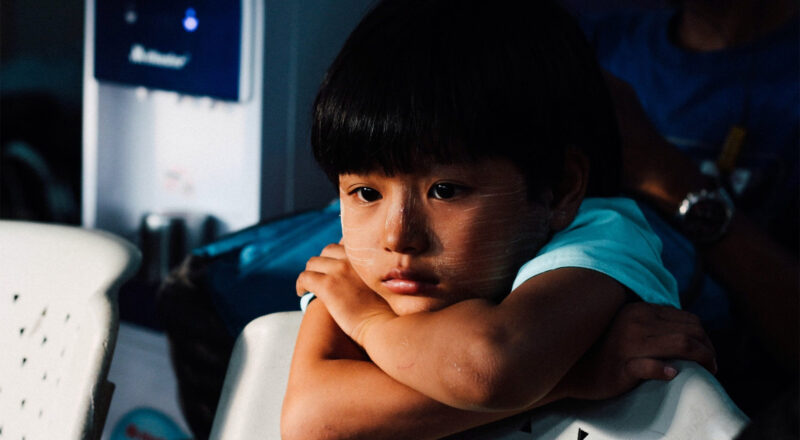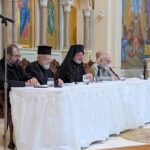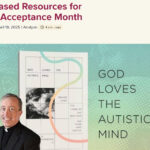I was recently interviewed by Jason Osborne of The Irish Catholic on autism and Catholicism along with a bit on my own life. The online article is behind a paywall (EDIT: taken out from behind the paywall), but I got a non-paywalled version and want to share a few points from it.
It begins:
Fr Matthew Schneider, LC, was already ordained a priest just over two years when he was diagnosed with autism at the age of 34. Initially shaken by the development, Fr Schneider says researching the condition helped him to appreciate his strengths and what he has to offer the Church and the people he ministers to.
Noting that my current position as a theology professor works with being autistic:
Doing very well in academics growing up, he was saddled with the nickname “Schneider-paedia,
like Wikipedia or encyclopaedia” during his years studying theology. Being particularly strong in that regard, Fr Schneider realised that could translate well into certain ministries and hence his posting as a theology professor made good sense.
My description of the autistic experience:

Asked about what his experience of autism is like, Fr Schneider says that “a lot of it is just realising that so many other people do so much subconsciously that I was doing consciously”. “That’s not to say one’s right or one’s wrong, it’s just how our brains work, and the fact that it’s conscious, it’s going to be not nearly as good because we’re generally better at our subconscious processes than our conscious processes,” he says.
He offers as an example the fact that for his entire life, his brain has been sending a message beneath the level of his conscious awareness instructing his heart to beat, “and it hasn’t missed it once”.
“We can consciously control our breath too but most of the time we aren’t, we’re just breathing, we aren’t thinking, ‘Breathe in, breathe out’, right? Whereas at the same time, for a lot of social cues for most people, it’s like going through subconsciously, and then you can consciously work it out, whereas for me a lot of times, I’m consciously working it out in normal interactions, and so it can be more difficult and it can be more exhausting. Working
as a professor, it works fine. I think I’m fine with that, and that’s where I am right now,” Fr Schneider says.
A little bit on an autistic experience of Mass and prayer:
“I think for example in Mass, one of our struggles can be executive functioning, which is kind of like scheduling out and ordering things, and so because we like that consistency and that repetitiveness, we know what’s going to happen. Like, for example, myself, when I was in college, I went to an event at a Protestant evangelical-type Church because I had a friend who was a part of it, and it just felt like you didn’t know what was coming next which made it a
more difficult experience to have, whereas I go to Catholic Mass and I know, ‘Ok, here’s this part, this part, this part’. […]“There’s a number of things in prayer just in how we experience it because, for example, for us a lot of times, we will stim [repetitive or unusual movement or noise], we’ll do some kind of motion to actually calm ourselves,”
Fr Schneider explains. “So like, the idea of – they have the verse…..”Be still and know that I am God”, and a lot of us think of prayer, you have to have a very still posture, but if for you, rocking back and forth in a chair or moving your hands actually stills your mind, you’re actually being stiller in a way and following through on that prayer, more
than were you forcing yourself to sit perfectly still.
You can read the rest in The Irish Catholic if you are a subscriber over there (EDIT: taken out from behind the paywall).

